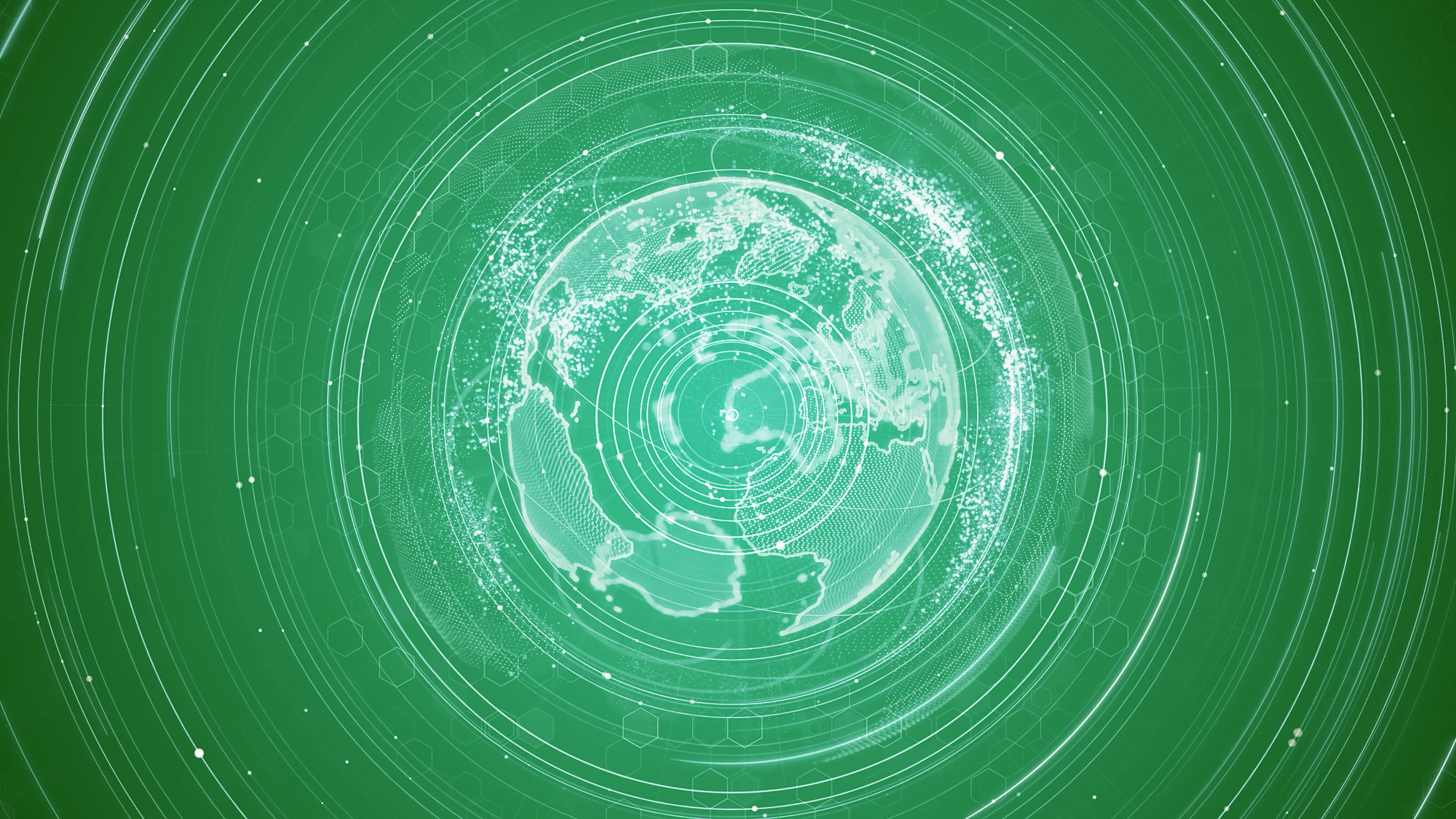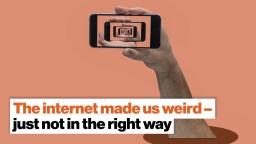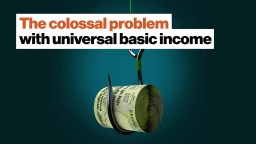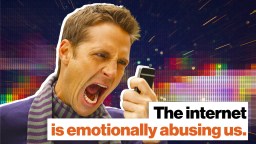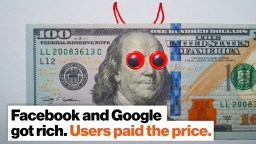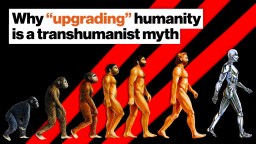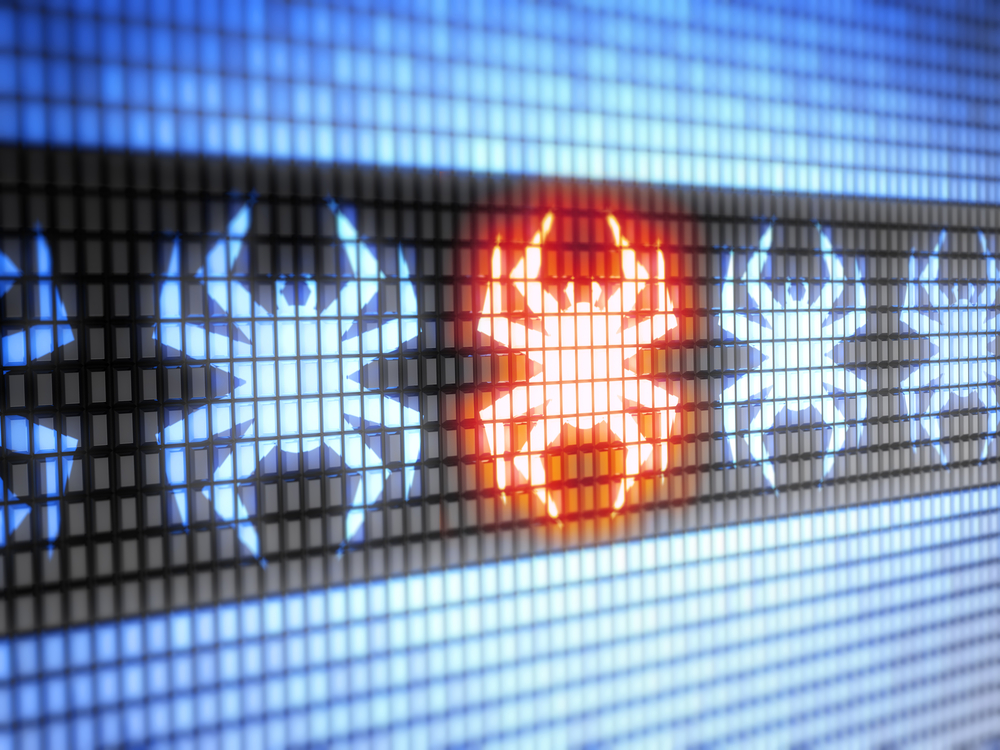Douglas Rushkoff
Professor of Media Theory and Digital Economics, Queens College, CUNY
Douglas Rushkoff is the host of the Team Human podcast and a professor of digital economics at CUNY/Queens. He is also the author of a dozen bestselling books on media, technology, and culture, including, Present Shock, Program or Be Programmed, Media Virus, and Team Human, the last of which is his latest work.

Entrenched business wisdom says that community-led economic systems are pure fantasy. Douglas Rushkoff disagrees.
Continuing the countdown, Big Think’s seventh most popular video of 2019 explains why universal basic income will hurt the 99%, and make the 1% even richer.
▸
5 min
—
with
Have swipes and scrolls replaced deep thinking?
▸
4 min
—
with
Here’s why universal basic income will hurt the 99%, and make the 1% even richer.
▸
5 min
—
with
Algorithms and propagandists exploit the human instinct to connect to play us.
▸
5 min
—
with
Upload your mind? Here’s a reality check on the Singularity.
▸
5 min
—
with
Groundbreaking digital companies like Google, Amazon, and Uber operate using a “scorched Earth” method of value creation, says Rushkoff, which resembles 13th century colonialism.
▸
10 min
—
with
The history of industrialization is the separation of workers from their labor, and it continues today in the digital marketplace where online companies seek to replace human labor with algorithms.
▸
5 min
—
with
Companies like Facebook no longer depend on traditional economic exchanges to turn profit, so what does this mean for the consumer? When we’re not paying money, we’re paying in other ways, says Douglas Rushkoff.
▸
6 min
—
with
It’s harder for most people to making a living now than it was before the rise of online businesses like Facebook and Amazon. That’s because the digital economy is hurting the real economy.
▸
13 min
—
with
I was just fascinated watching these guys doing coding during the day and scraping peyote off cactuses at night and going to raves until morning.
Ideas spread around not just through human word-of-mouth.
The easiest way to get Americans, in particular, onboard programming is by frightening the bejesus out of them.
We have not used the net to promote the kind of peer-to-peer economy that challenged feudalism in the 1100s and 1200s.
We are testing what it is like to lose privacy now because if the species survives, we’ll develop a capability to not be embarrassed anymore.
